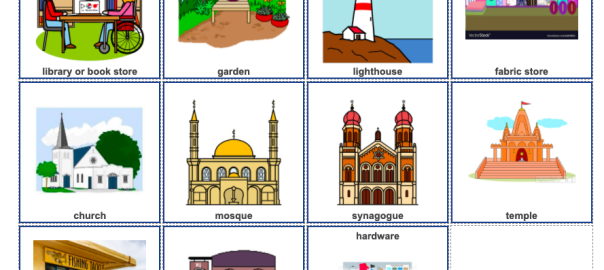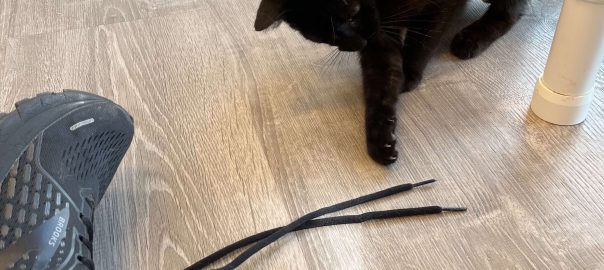Ingredients:
- nurture memories of your mother’s rose garden at the side of the house (when you out grew the swing set), of standing barefoot in the dirt eating warm and dusty cherry tomatoes, of visiting botanical gardens, of discovering sculpture gardens, of walks in the neighborhoods to admire what others are growing (the neighbor who recreates a meadow filled with more flowers than I can count, the one who artfully fills every space with vegetables in raised beds, the one who welcomes pollinators),
- share page-turning in catalogs for seeds or landscaping and say “ooh…” or “wow!” at the different colors or styles or seasonal arrangements,
- hear people who know “Jean” well mention that, before the ALS, her strong knowledge and skills in plant care would’ve found her in the yard most of these sunny days of late,
- read Todd May passage about practice in ancient China of friends from childhood writing to one another over the long years as working adults (when they lived apart) to collaboratively imagine the garden they would one day come together to create and take care of in retirement.
Instructions
- Prepare mental model of conversation method: 3 options spoken as a list, then repeat with pauses after each one to monitor for response. Note: Watch her eye gaze for indications that short-term memory has faded and a repetition may be warranted.
- Practice consistently with simple tasks: “Do you want to keep watching t.v., listen to music, or something else? Watch t.v. [pause], listen to music [pause], something else [pause].” It becomes a structure I can think in and she knows to anticipate about me.
- Talk about the birds at the bird-feeder together. It’s present, so can be referenced directly. Be open about when I did not understand. Laugh together when we are both startled by them abruptly flying off and then their gradual return as they realize it was just a noise. Joke about how flighty birds can be.
- Describe the flowers in my yard that I do not remember the name of. Listen and watch carefully. Brown-eyed Susans. Recognize that she is right.
- Tell the story about friends designing a garden together and invite what kind of garden we could design together.
“Should we have many flowers everywhere, a few flowers that we can focus on, or something else? Many flowers [pause], a few [pause], something else [pause].” Many flowers.
“Water is nice. Should we add a fountain, a fish pond, or something else? A fountain [pause], a fish pond [pause], something else [pause].” A pond.
“Will there be vegetables in our garden? Tomatoes [pause], carrots [pause], something else?” Maybe.
6. Realize and say that, so far, she is doing all of the actual gardening — we’ve already established that I don’t know much about plant care. “I’m not sure I am contributing. I’m happy to be beside you and learn but I don’t know what I can do for us. Maybe I can pick out the hats we wear so we do not get sunburn.” She smiles.
7. Realize and say that in an imaginary garden, there doesn’t have to be sunburn. We laugh. “Since we can do whatever we want, what else are we going to get rid of. I vote no mosquitos.”
And no bees.
The thing is, me, on my own: I am okay with bees. I am not allergic — I don’t recall ever having been stung. I enjoy their flight and dance, I very much appreciate what they do for the flowers. But this isn’t about me.
This is our garden.
End blip.

